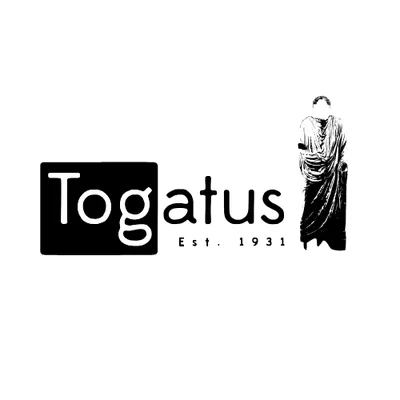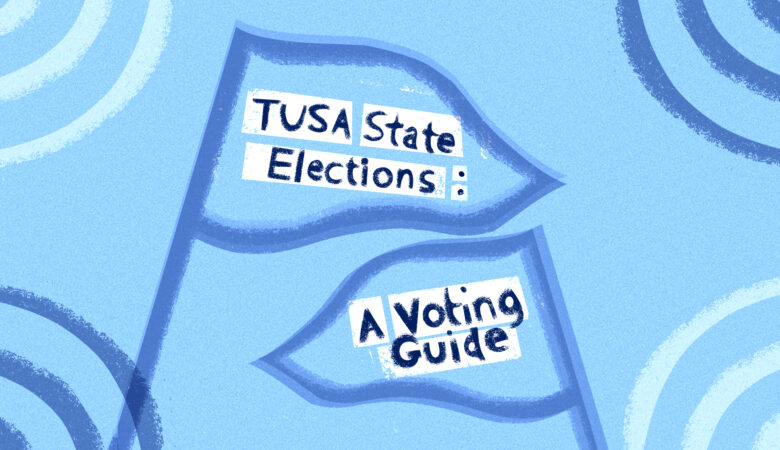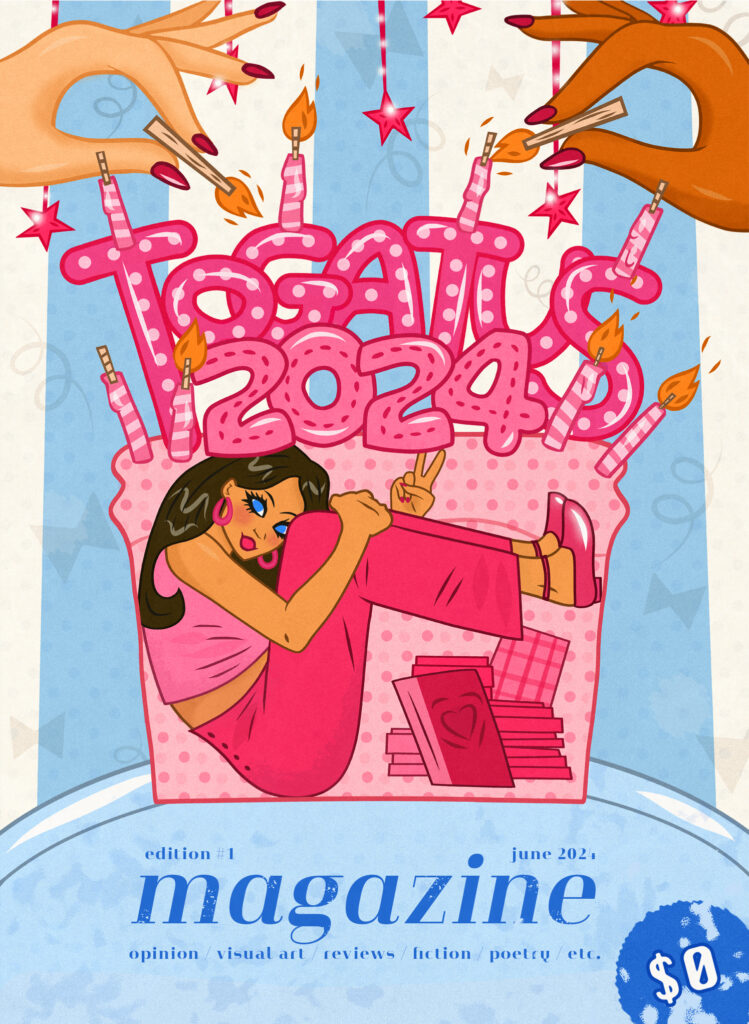The coronavirus (COVID-19) pandemic has presented Australia with unprecedented economic challenges. Last night’s budget, delivered by Treasurer Josh Frydenberg, sets forth a pathway to recovery.
Australia and the world have never experienced a year like we’ve just had. As young Australians know, COVID-19 has not only had a significant impact on health, but on our economic prosperity as well. We’ve seen, for the first time in many of our lives, Australia experience its first recession in nearly 30 years, and in the first few months of the pandemic close to 1 million people have lost their jobs, or watched their working hours reduced to zero.
Like this pandemic, the response by the Morrison Government has also been unprecedented, and both Prime Minister Scott Morrison and Tasmanian Premier Peter Gutwein have acted swiftly. Nationally, JobKeeper is supporting 3.5 million people, supplied two $750 payments to students, and other welfare recipients seen an added boost to incomes, even as JobSeeker doubled in size. This response has helped Australia save an estimated 700,000 jobs, and keep our AAA credit rating.
While the response has ensured we have protected the foundation of our economy, it has come at a significant cost to the Australian people. Net debt, as a result of COVID-19 and our recovery spending, will peak at $966 billion in June 2024. While this number is incomprehensible to many Australians, it is important to place it in a global context. Australia’s peak is only half of that in the UK and a third of the debt incurred by the US. This debt is one that will have to be paid off. With a record of paying down debt and returning the country to surplus, the Morrison Government aims to return to surplus by the early 2030s.
The Budget outlines our nations next stage in the response, and how we will get there — Jobs, Education and Investment.
This Budget, more than others, is focused on supporting the economic recovery and future prosperity of young Australians. Most significantly for young people is the JobMaker hiring credit, a new program that will create an estimated 450,000 jobs. This new program will be paid at the rate of $200 per week for those aged under 30, and $100 per week for those aged between 30-35, to employers who hire those looking for work for up to 12 months.
Investing in skills, training and education is the key to recovery, and is central to this budget. $1 billion for the JobTrainer program will create 340,000 free or low-cost training places for school leavers and job seekers, and an additional $2.8 billion will protect 180,000 apprenticeships and trainees. The budget also committed to an additional $1.2 billion to create 100,000 new apprenticeships and traineeships with a 50% wage subsidy for the businesses who employ them.
Universities will also receive a boost, with an additional 50,000 new short courses in agriculture, health, IT, science and teaching to become available, together with 12,000 new Commonwealth support places in 2021, and 2,000 indigenous students places through the Clontarf Foundation, to help those students complete year 12 and pursue further education or find work. This support to education will also mean additional funding for research, with $1 billion for university research, and an additional $459 million to the CSIRO.
Investing in the future is vital to economic prosperity, and this budget delivers. The successful First Home Loan Deposit Scheme, which helps young people buy their first home with a deposit as low as 5%, will be increased with an additional 10,000 places secured. The Budget also invests an additional $1 billion in low-cost finance to support the construction of affordable housing, taking the total assistance to low-cost financing available to community housing providers to $3 billion. This will be further supported with $150 million specifically designed to address indigenous home ownership in regional areas.
Investment in the future also means protecting our environment. This budget outlines an additional $1.8 billion for the environment, including upgrading our national parks, and investing in keeping our oceans clean. Earlier this year the Morrison Government announced the ban of the export of plastic, paper, tyres and glass waste. While Australians had all done our part to increase recycling, much of this waste ended up overseas in foreign dumps or worse, in our oceans. This will be no longer. The Budget invests $250 million to modernise Australia’s recycling infrastructure and will stop more than 600,000 tons of waste ending up in landfill.
While we have a long way to go to get back to Australia’s position of economic strength, as the Treasurer said during his Budget speech, “the resilience of Australians as hard-working, resourceful and compassionate people can never be taken away”. This budget outlines what it will take to come back, to rebuild our economy, to secure our future.
Joshua Garvin is President of the University of Tasmania Liberal Club








